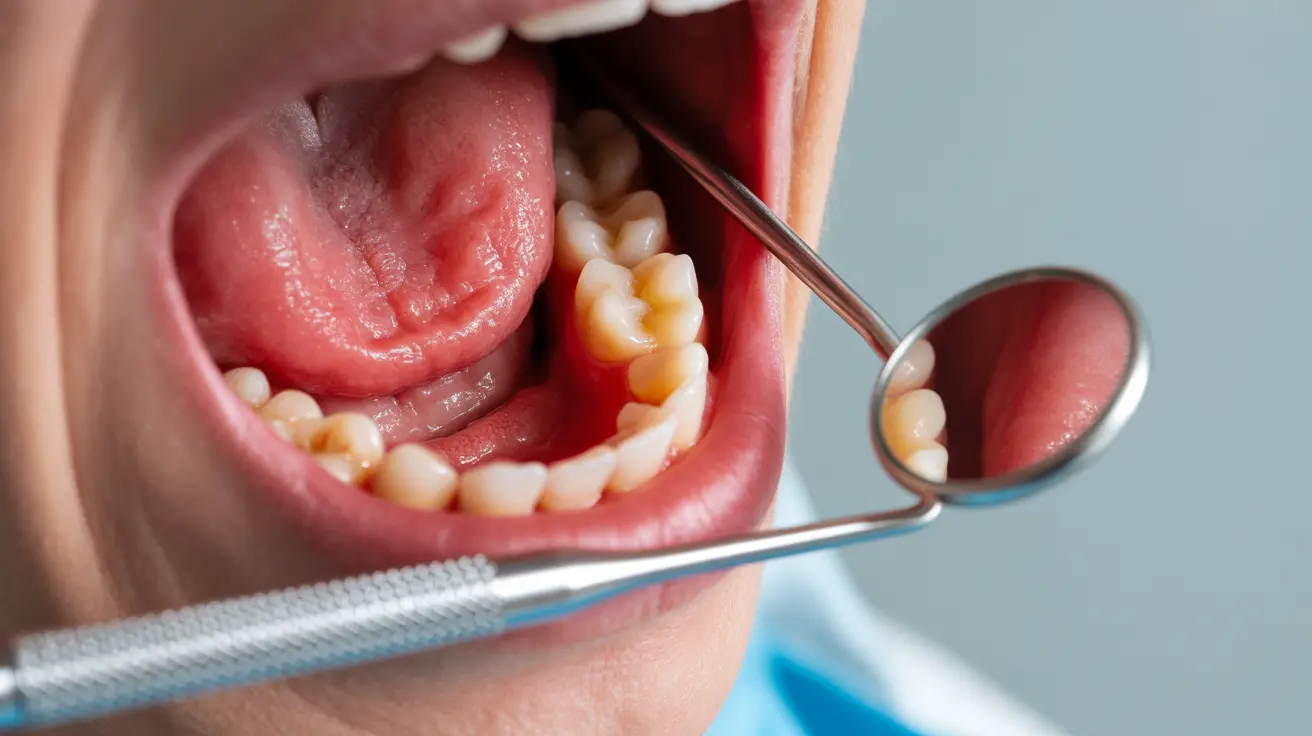Finding black stool in the toilet can be an alarming experience that raises immediate health concerns. While some cases of black poop have harmless explanations, others may signal serious medical conditions requiring prompt attention. Understanding the various causes and recognizing when to seek medical help is crucial for your health and peace of mind.
This comprehensive guide will help you understand why your stool might appear black, differentiate between concerning and harmless causes, and identify when you should consult a healthcare provider.
Common Causes of Black Stool
Dietary and Medication Sources
Several common foods and medications can cause your stool to appear black without indicating a health problem:
- Iron supplements
- Bismuth subsalicylate (Pepto-Bismol)
- Black licorice
- Blueberries
- Activated charcoal supplements
- Dark chocolate (in large quantities)
Medical Conditions Causing Black Stools
When black stools are accompanied by a tar-like consistency (melena), they often indicate bleeding in the upper digestive tract. Common medical causes include:
- Gastric ulcers
- Esophageal varices
- Gastritis
- Stomach or esophageal cancer
- Mallory-Weiss tears
Recognizing Dangerous Black Stools
Not all black stools are created equal. Here are key characteristics of concerning black stools:
- Tar-like consistency
- Strong, unusual odor
- Sticky texture
- Very dark, almost black-purple color
- Accompanied by other symptoms
Warning Signs and Associated Symptoms
Watch for these additional symptoms that may indicate a serious condition:
- Fatigue or weakness
- Shortness of breath
- Abdominal pain or cramping
- Dizziness
- Pale skin
- Rapid heart rate
Diagnosis and Treatment
Healthcare providers typically follow these steps to diagnose the cause of black stools:
- Physical examination
- Detailed medical history
- Stool tests
- Endoscopy (when necessary)
- Blood tests to check for anemia
Treatment varies based on the underlying cause and may include:
- Medication adjustments
- Ulcer treatment
- Iron deficiency correction
- Surgery (in severe cases)
- Lifestyle modifications
Frequently Asked Questions
Why is my poop black and when should I be concerned?
Black stools can be caused by certain foods, supplements, or medications, but when accompanied by a tar-like consistency and strong odor, they may indicate internal bleeding. Be concerned if the black color persists, or if you experience additional symptoms like weakness, dizziness, or abdominal pain.
What foods or medications can cause black stools?
Common causes include iron supplements, Pepto-Bismol, black licorice, blueberries, activated charcoal, and dark chocolate. These sources typically produce less concerning black stools without the tar-like consistency associated with bleeding.
What are the main health conditions that cause black, tarry stools?
The main medical conditions causing black, tarry stools include gastric ulcers, esophageal varices, gastritis, stomach cancer, and tears in the digestive tract. These conditions typically cause bleeding in the upper digestive system.
What other symptoms should I watch out for if I have black stools?
Pay attention to symptoms like fatigue, weakness, shortness of breath, dizziness, abdominal pain, pale skin, and rapid heart rate. These symptoms, especially when combined with black stools, warrant immediate medical attention.
How do doctors diagnose and treat black stools or melena?
Doctors typically perform physical examinations, review medical history, conduct stool tests, and may order endoscopy or blood tests. Treatment depends on the underlying cause and may include medication adjustments, ulcer treatment, or surgery in severe cases.




